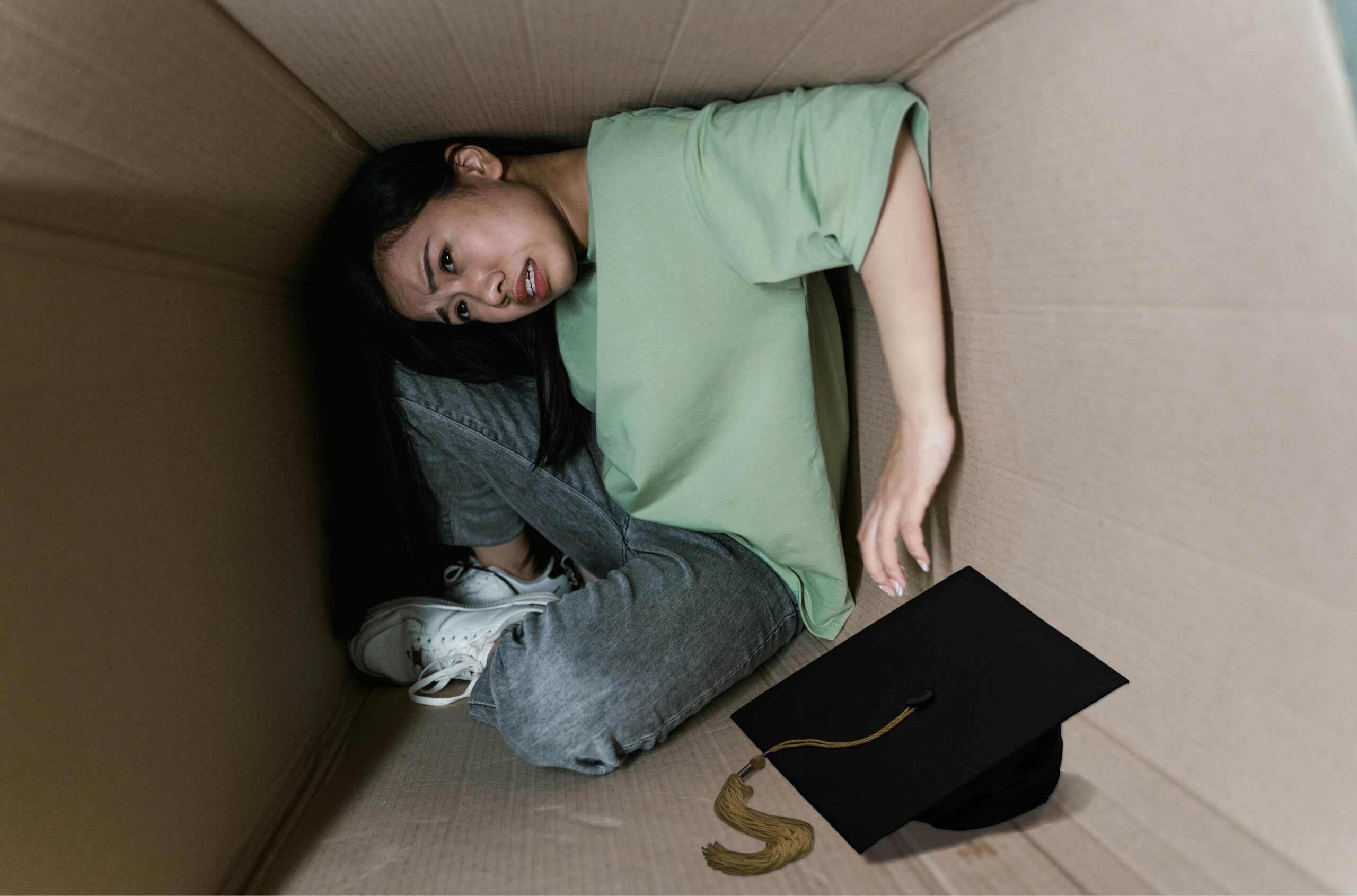The weight of books
On dispersing your personal library at retirement.

It’s the books that get you.
For a professor of a certain age, like me, one who began his doctoral studies almost four decades ago and did his first work with texts, interpretation, the history of ideas…what is left at retirement are the books. The material kind.
Like my generational colleagues, I had an impressive wall filled with them. Altogether, they were a layered, bespoke intellectual biography. Though I did not consult many of them regularly, they served multiple purposes. One of them, as I sometimes told students, mostly in jest, was to intimidate them.
If a personal library is the accumulation of a scholarly career, what is its opposite, its dissolution? And why does it seem to matter so much?
The accumulation story is easier. It began in frugal earnest in the second-hand bookstores of Kingston, Ont., each with its own method of organization, hazards and musty smells. It was there and at the annual book sale for the local symphony I scored an 1830 imprint of Hobbes’ translation of Thucydides’ History for $4 at closing time as well as a fortune in newish, scarcely-marked texts – the books of retired professors.
When the time came to move my growing library to a faculty position, two time zones away, I learned that movers underestimate the weight of books. In my own way, I have too.
Enough of the books on that wall came with origin stories. Some were gifts or out-of-the-way discoveries. Some gave me a narrative to teach a course the first time through. One of them is a book that was loaned to a student who returned it by mistake to the public library, from which, many months later, I borrowed it, having “lost” mine, and, then, noticing the familiar hand of the marginalia and the author’s personal inscription, to me, on the inside front cover, I made a successful claim for its return. I kept the call letters on the spine for years.
Those books constituted the dialogical circle within which I could conjure arguments, counter-arguments and unresolved questions; they were the humbling ghosts of projects never completed and my own intellectual limits, for I did not finish or make sense of them all; and they were the reminders of a time, before long stretches in university administration, before email and smart-phones, when I read more attentively In that way, those books continued to hold me to account. Truth be told, I am happy to be free of some of them.
Years ago, my first thoughts of retirement were mixed with the book question. I scaled back new purchases. I took note of the premonitory stacks of unclaimed books left by departing colleagues at the end of the department hallway.
When retirement came, I had made a plan. The first steps were satisfying enough. I brought a box of books to my final seminar and invited students to take at least one, then retrieved more when those disappeared. I invited graduate students to stop by my office in those anxious post-pandemic days and watched at a distance, puzzled at what they passed over. I put books in the mail to former students as far away as the U.K. I delivered two heavy boxes to volunteer with an organization that placed books in prison libraries, and another to a small tribal college. I tucked a few textbooks into those stacks at the end of the hallway.
The rest – the ones I’d set aside and the ones left unclaimed – came home. I built one more floor-to-ceiling bookshelf for my small basement office. What didn’t fit went in the garage – not a long-term solution – and so I made a list of reputable second-hand stores. When I brought two boxes to an antiquarian dealer who quickly picked out a dozen and offered me $75, I did not negotiate. I was relieved that those books might still hold some value and that, in giving them a chance at another shelf, I had acquitted the responsibilities implied in John Milton’s censure (“who destroys a good book, kills reason itself”).
Things quickly got less precious from there. One store asked for photographs and took only two books. At another, I set two boxes on the counter, scribbled contact information on a form, and checked the box that said the store could forward to a charity what it didn’t purchase. It’s a buyer’s market. When the owner called with an amount, I was surprisingly buoyant. Later that same week, the last store on my list took a handful for $20 with an apologetic thanks.
Of the rest, I reclaimed a few. The remainder went to Goodwill. Or, alas, the landfill.
For now, the job is finished. I still live in a house of books – the material kind – though I have come to rely mostly on libraries for new ones. The day will come, I know, when I will need to cull more books; in the meantime, their presence will pose questions I cannot outrun about the meaning of a career, a life and things themselves, each finite in its own way.
“There is a time to keep,” the writer of Ecclesiastes insists, “and a time to cast away.” So there will be more gifts, though I will know fewer students and early-career professors. There will be fresh encounters with the unsentimental realities of the resale book market. Not least, there will be that shelf of my own writing. Again, from Ecclesiastes: “All is vanity. A generation goes, and a generation comes, but the earth remains forever.”
For the time being, I am still reading. I have no particular purpose in mind – only, in some cases, a curiosity about books that were once formative.
My hunch is that it will do me good to take on the discipline of reading, to think with a serious mix of books. And then, one by one, it will do me good to pass them on.
Featured Jobs
- Business – Lecturer or Assistant Professor, 2-year term (Strategic Management) McMaster University
- Education - (2) Assistant or Associate Professors, Teaching Scholars (Educational Leadership)Western University
- Psychology - Assistant Professor (Speech-Language Pathology)University of Victoria
- Veterinary Medicine - Faculty Position (Large Animal Internal Medicine) University of Saskatchewan
- Canada Excellence Research Chair in Computational Social Science, AI, and Democracy (Associate or Full Professor)McGill University















Post a comment
University Affairs moderates all comments according to the following guidelines. If approved, comments generally appear within one business day. We may republish particularly insightful remarks in our print edition or elsewhere.
2 Comments
This article on reading is both interesting and informative.
I am hoping it will encourage more people to engage in reading, which research has shown is an effective way to promote health and well-being–see for example a concise yet precise overview of its benefits at:
https://www.piedmont.org/living-real-change/health-benefits-of-reading#:~:text=Reading%20reduces%20stress&text=Researchers%20at%20the%20University%20of,you%20are%20undergoing%20cancer%20treatment.
Bye for now from Dr. CLL
What a beautiful meditation on the meeting of an academic’s books. Thanks for this heartfelt piece.